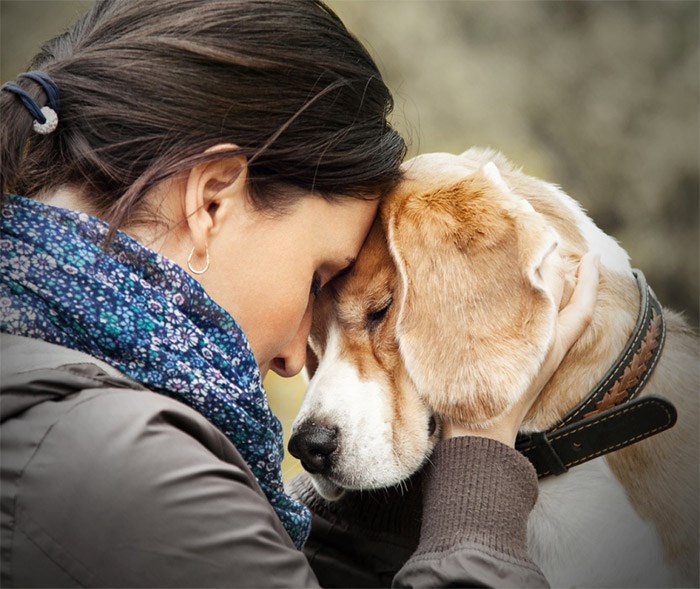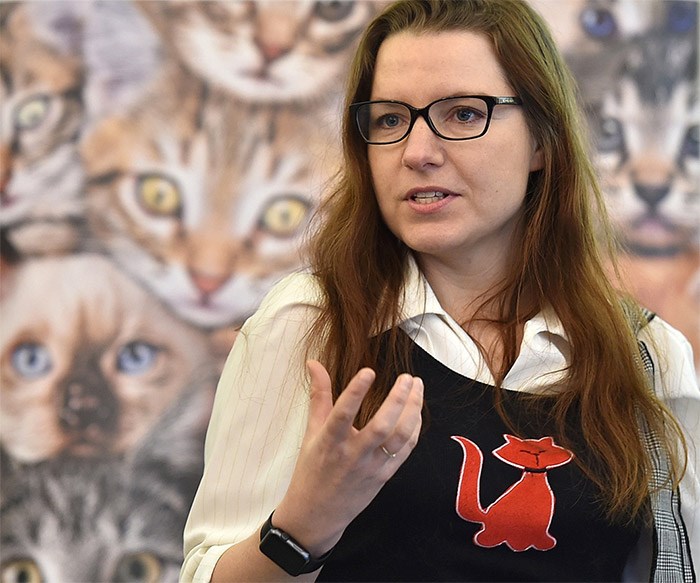 Photograph By ISTOCK
Photograph By ISTOCK
Dozens of animals tortured and killed while a girlfriend is forced to watch.
Dogs and cats held hostage by pimps to gain leverage over sex trade workers.
A puppy left behind in a Las Vegas airport by a victim of domestic abuse who could no longer care for the three-month-old animal.
Those were just a few of the examples cited during an SPCA-led conference in В鶹ҙ«ГҪУі»ӯFriday highlighting appalling acts of violence against women and their pets, and the connections found between those two types of incidents.
вҖңThere is an absolute correlation between animal abuse, child abuse, elder abuse and other personal violence вҖҰ itвҖҷs inextricably linked,вҖқ said Marcie Moriarty, the BC SPCAвҖҷs chief prevention and enforcement officer.
Lawyers, animal advocates and womenвҖҷs resource advocates from Canada and the U.S. were in attendance to illustrate how violence against animals happens simultaneous to violence against women and children.
In other situations, those acts against cats, dogs or even livestock and horses are used as a means to intimidate, threaten or exert control before physical violence enters the situation.
вҖңIt can be a very serial offence, not just with one pet in the family. And itвҖҷs symbolic. The batterer is showing the victim, вҖҳThis I what I can do to an animal; imagine what I can do to you,вҖҷвҖқ said Megan Senatori, a U.S.-based attorney and the founder of Sheltering Animals of Abuse Victims (SAAV). вҖңвҖҰ [T]he prism that people look at animal cruelty through changes for many people when they realize its impact on people.вҖқ
As a non-profit, volunteer-driven organization out of Wisconsin, SAAV works to remove barriers to safety for abuse victims who own animals. Senatori pointed to research suggesting 48 per cent of domestic abuse victims delay leaving an abusive relationship because they lack safe shelter for their animals. Other stay in those relationships to protect the animal.
Atira WomenвҖҷs Resource Society lawyer Amber Prince has seen that type of abuse with countless women she has worked with in the Downtown Eastside. Many are dealing with concurrent problems: lack of family support, poverty and health issues.
вҖңIf there are animals in the home when this epidemic problem is occurring, weвҖҷre talking about animal abuse likely occurring,вҖқ said Prince, whoвҖҷs also an adjunct animal law professor at UBC.
 Amber Prince, a lawyer with the Atira WomenвҖҷs Resource Society and an adjunct professor of animal law at UBC, spoke to the many connections found between violence against animals and women at an SPCA press conference Friday. вҖ“ Dan Toulgoet
Amber Prince, a lawyer with the Atira WomenвҖҷs Resource Society and an adjunct professor of animal law at UBC, spoke to the many connections found between violence against animals and women at an SPCA press conference Friday. вҖ“ Dan Toulgoet
Prince said some women sheвҖҷs had contact with forego their own basic needs and instead spend what little income they have on their pets instead.
To help bridge that gap, 100 support packages for women and their pets were assembled toward the end of FridayвҖҷs event вҖ” 50 for women with cats and 50 for women dogs. Each care pack included pet food, supplies and treats and clothing and cosmetics for their owners. TheyвҖҷll be distributed to marginalized women in both В鶹ҙ«ГҪУі»ӯand Surrey.
вҖңAnimals can be a lifeline for these women: a form of stability, a form of unconditional love, a form of not judgemental support,вҖқ Prince said.


